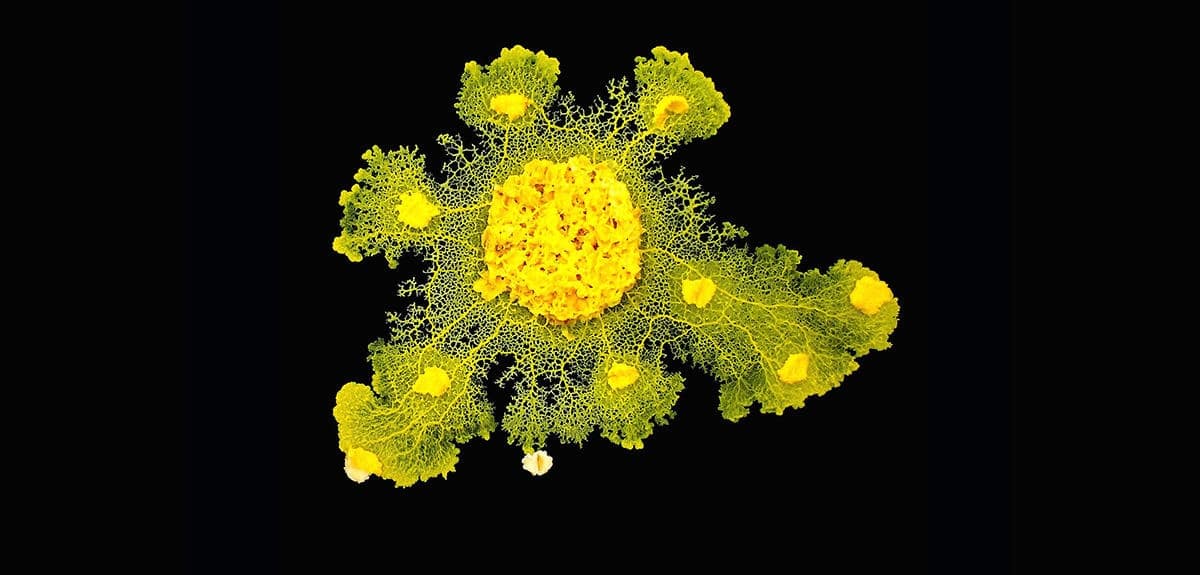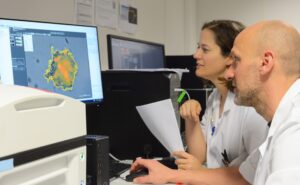CNRS, A World Leader in Scientific and Technological Research
CNRS’ long history and strong presence all over the world makes it a leader in scientific and technological research. Research impact indicators, like Webométric and the journal metric “Scorpus,” rank CNRS highly: number one in Europe and number two in the world, after the Chinese Academy of Sciences and right before Harvard University.
With over 1,100 laboratories, 29,000 scientists, 35,000 staff members, and a budget close to 4 billion Euros, CNRS is present at national and international levels. Known in the U.S.A. for its collaboration with research centers, namely Solvay and the Compass laboratory, CNRS’ international influence also relies on its global network of offices located in key places for science, including Brussels, Washington D.C., New Delhi, Ottawa, Pretoria, Singapore, Beijing, Rio De Janeiro, and Tokyo.
Interdisciplinary Approach for Better Results
The CNRS Mission for Transversal and Interdisciplinary Initiatives (MITI) is its signature. Antoine Petit, President of CNRS, wrote: “Speaking of interdisciplinary at CNRS may seem like a pleonasm,” and “major societal issues affect all disciplines, which must coordinate and interact to provide elements of answers.”
MITI’s leading committee acts as a think tank that can be mobilized at any time to detect emerging scientific topics. About 150 to 170 interdisciplinary projects are selected and supported each year. The extreme diversity of questions that are explored reflects the complexity of our contemporary world. Examples of topics explored are as follows: underwater robotics to meet the challenges of water resources, modeling of the energy needs and production capacities of mineral resources, social robotics to explain autism, and the optimization of simulation codes for gamma-ray astronomy. The committee brings a wide variety of questions that the CNRS has the capacity to explore through interdisciplinary research.
The Importance of Free and Ambitious Research
To allow knowledge to progress, freedom and ambition are necessary for each project’s completion. Michel Mortier, Executive Director of Fondation CNRS and researcher, explains: “research ought to be free in the sense that discoveries cannot be programmed and that research is one of those professions of intellectual creation that need a large room for freedom. The great scientific results and discoveries are the fruit of the curiosity of everyday life, which has not been anticipated.”
To make his point, Michel Mortier shares about Notre Dame de Paris, Science at Work, a collective book with the contributions of CNRS specialists. It offers a vision of all of the disciplines involved in the renovation of Notre Dame de Paris cathedral after the great fire in 2019. Humanities and social science studies were used to investigate how the event was felt by the French people. The work and study of historians, archeologists, anthropologists, and computer and sound scientists are included. This scientific adventure is a reminder that no one can predict which research will produce solutions. It is in this spirit that the CNRS institutes work and conducts fundamental research, driven by curiosity and the vocation to keep pushing the limits of knowledge.
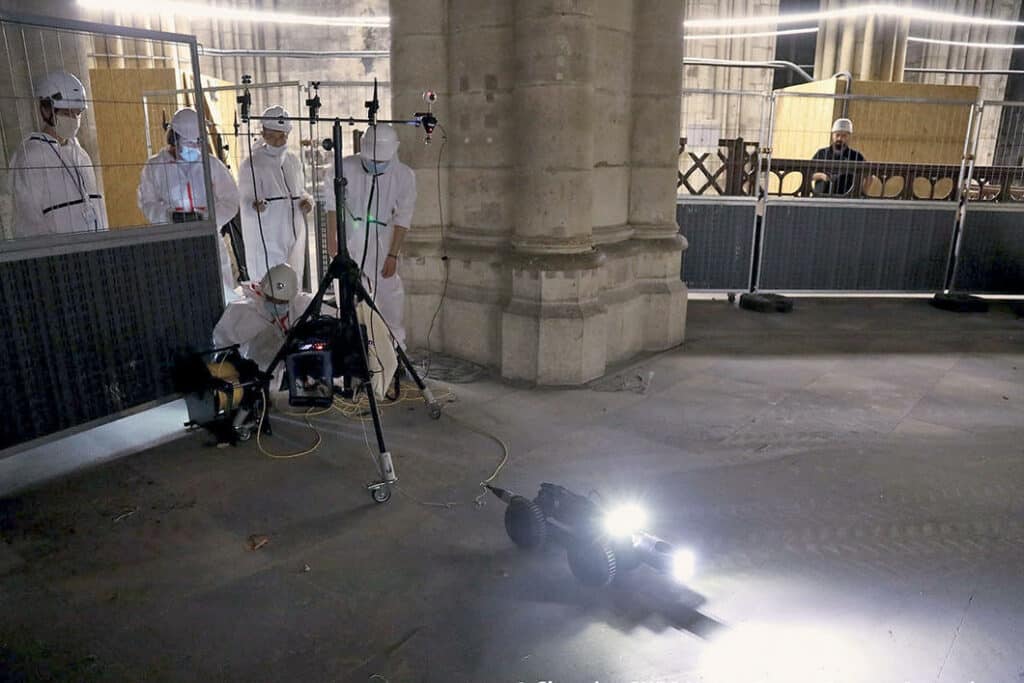
The Creation of a Foundation to Support CNRS Ambitious Projects and Talents
In 2019, CNRS created the CNRS Foundation to mark its 80th birthday. The foundation contributes to the development and promotion of CNRS, as well as scientific and technological research in France and abroad. As part of its mission, the CNRS foundation funds fundamental research, with a focus on curative, challenging, or high-stakes scientific matters requiring immediate attention.
The foundation also awards chairs, fellowships, and prizes, which are essential to attract new talents. Michel Mortier explains: “the foundation has to attract new talents and support their development, since the great strength, the real capital of CNRS relies on the human resources.” CNRS gathers 29,000 brilliant scientists, so the foundation obviously has a priority on focusing its action on talents.
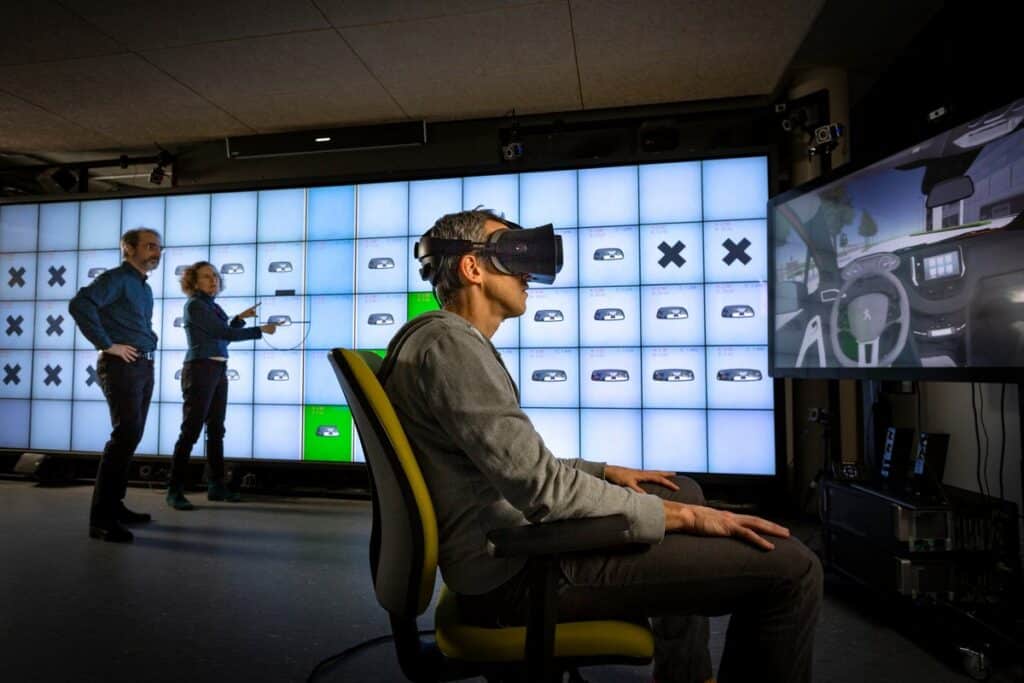
A Foundation Responsive to Current Issues
CNRS recently developed a platform to track the SARS-CoV-2 epidemic, based on some work supported by the CNRS foundation on molecular phylogeny, a subfield of evolutionary biology. In the spirit of the CNRS foundation, this platform is open to researchers from all over the world and any scientist can freely benefit from this well-known and recognized tool.
The alarming environmental situation is another significant challenge for the foundation to address. In 2023, the foundation will be particularly active in the support of research on major topics, like climate change affecting polar areas, ocean life preservation, or energy transition. An emission-free industry, the end of oil-based chemistry, and the end of plastics, to name a few, are all crucial research subjects. “The interest of Philanthropists for these subjects and the current issues raise almost an infinity of questions for an interdisciplinary organization like ours,” declares Mr. Mortier.
In addition to focusing on high stake issues, like climate change and its consequences, Michel Mortier adds that computer science is another topic of interest. The foundation already supports many ongoing projects, such as AI, microrobots, and energy-efficient applications. Another topic of interest is health biology research, which requires the integration of disciplines such as biology, chemistry, engineering, physics, and biophysics research.
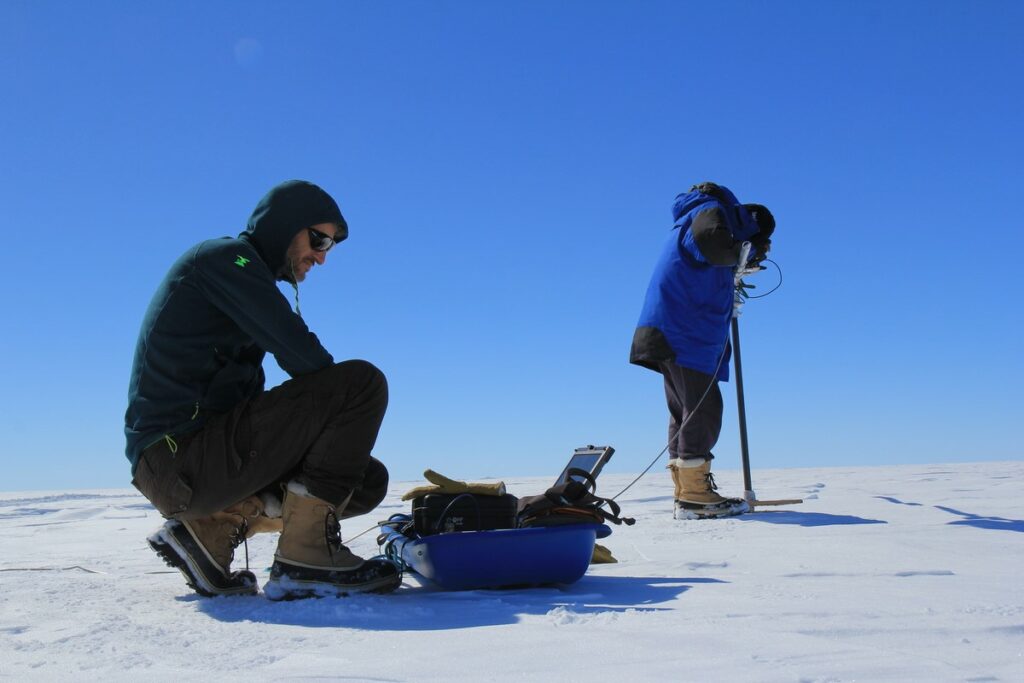
American Support
The CNRS foundation’s ambition in the United States is to show American philanthropists the expertise of CNRS and to be known and recognized so that research centers can benefit from their long-standing tradition of giving.
The first donation for Fondation CNRS, which Friends of Fondation de France facilitated, was made by a company based in Boston, ATEA pharmaceuticals. Its leader is a businessman and philanthropist who is thrilled to give back –when he was a young researcher, he received support from a philanthropist that changed his own career- and support the fundamental work of one scientist exploring the new frontiers of antiviral research.
Michel Mortier stresses that fundraising in the United States is not focused on collaborations, but on friendships with brilliant scientists, who wish to see their peers recognized, or philanthropists, such as Eric and Wendy Schmidt, who wish to see quality projects come to life. In fact, Eric and Wendy Schmidt are interested in the knowledge of the universe. Knowing that the CNRS explores the expansion of the universe and extragalactic objects, The Schmidt Family Foundation has decided to significantly support this research subject. Their great ambition is for the CNRS researchers to develop a spectrograph that could be put into orbit.
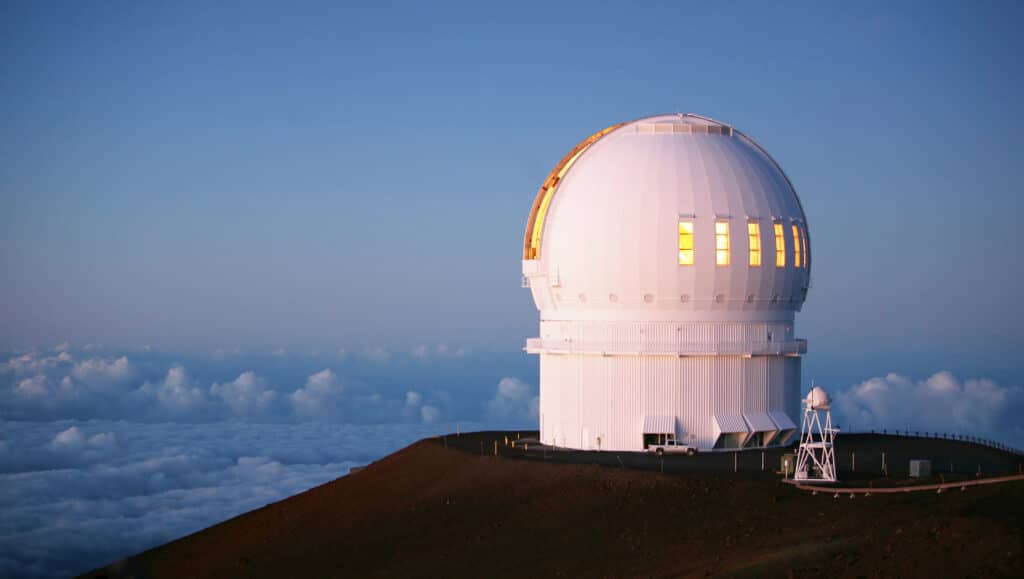
As you can see, the sky is not even the limit for Fondation CNRS! If you wish to support their projects, please consider making a donation.
